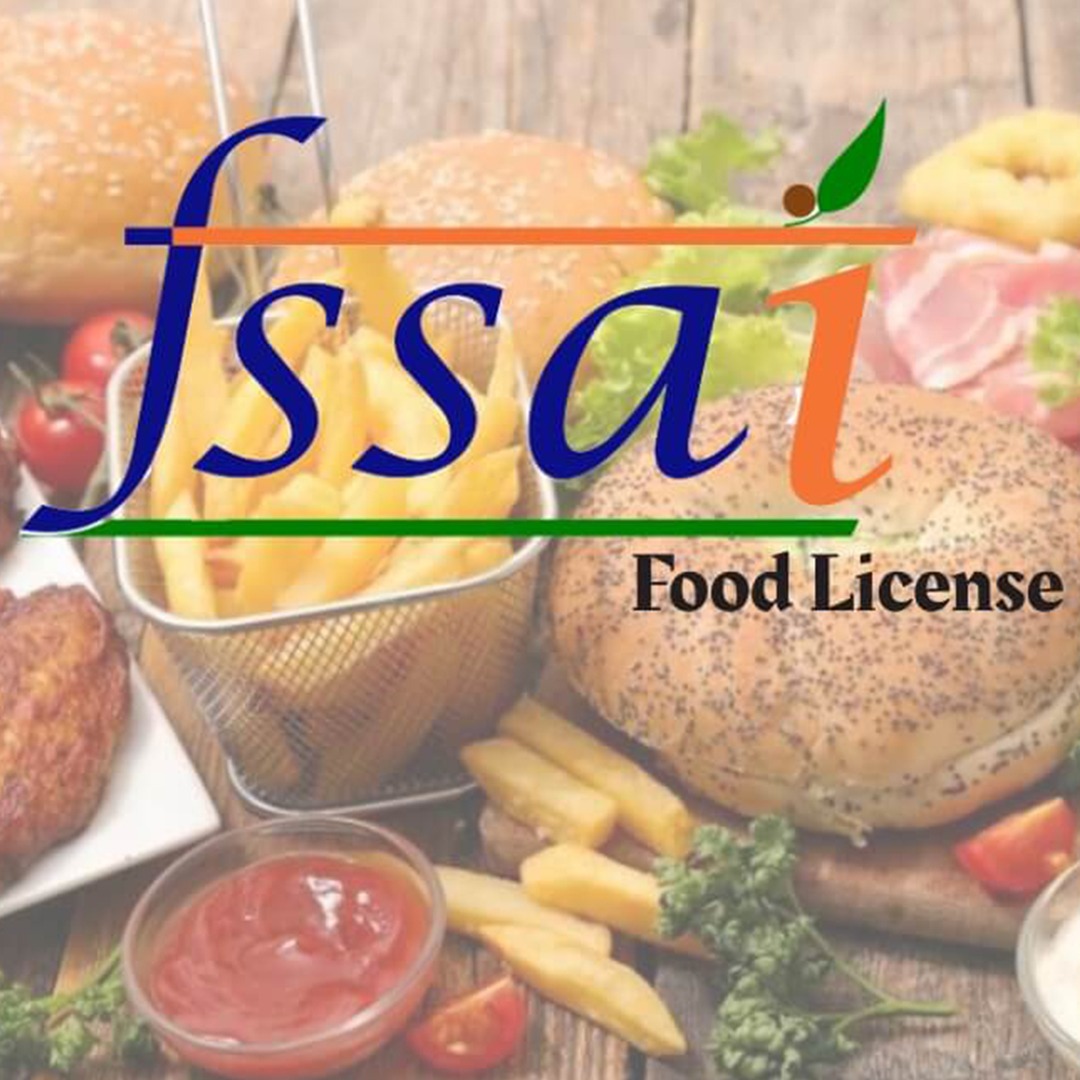Everything You Need To Know About Trademark Registration
Are you making plans to set up a company or expand your present business? Are you Wondering to accumulate a trademark or get the duplicate registration in Delhi? You could get your trademark registration in Delhi by applying for a trademark effortlessly.










